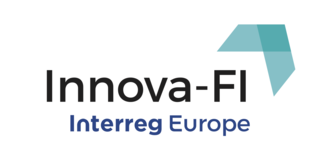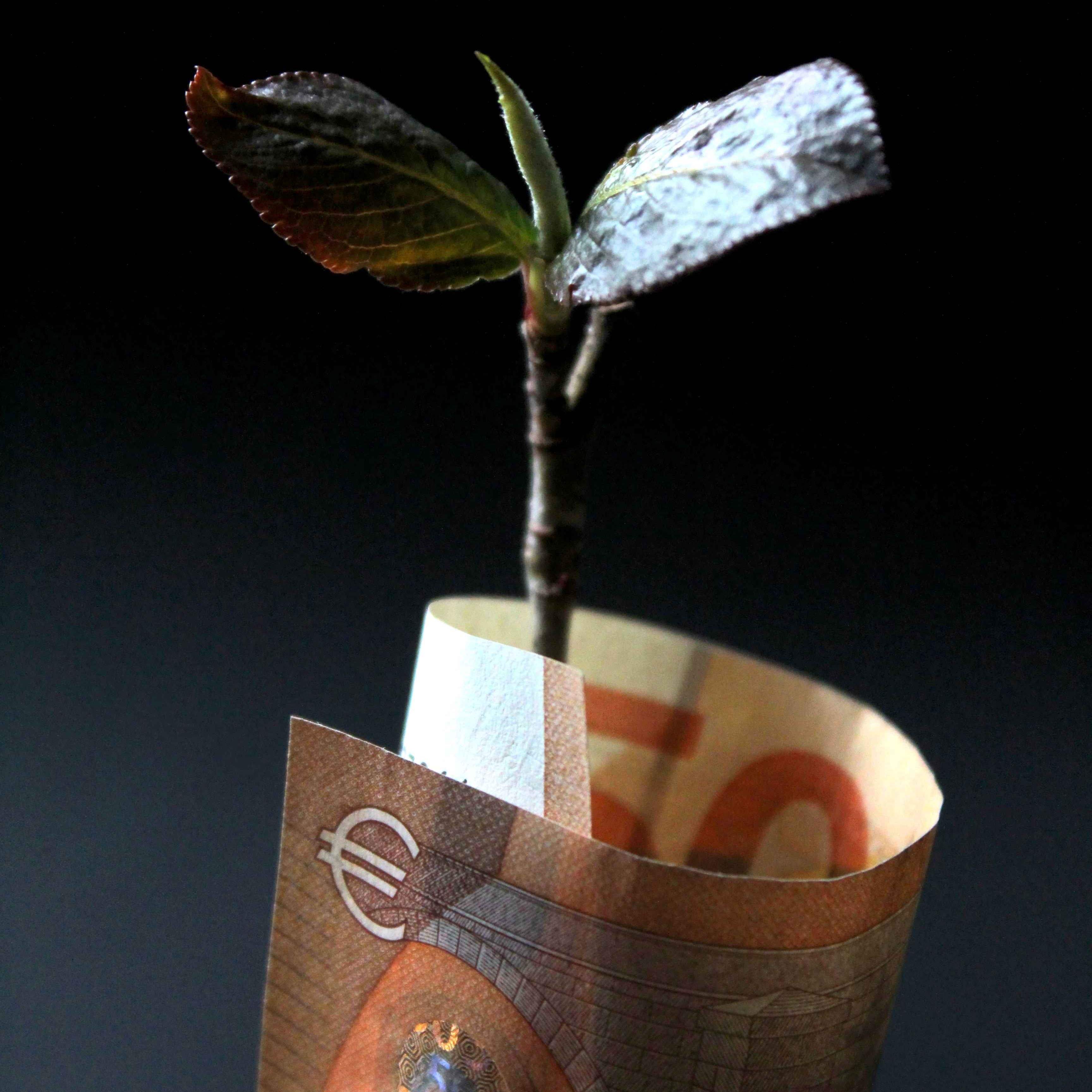The EU provides funding through a variety of financial instruments that are implemented in collaboration with public and private institutions. The Commission will borrow on the capital markets on behalf of the EU under NextGenerationEU.
Financial instruments come in a variety of shapes and sizes:
- equity and debt
- loan guarantees and venture capital
- capacity building and risk sharing facilities
For example, the EU offers loans to businesses of all sizes for research and development. It also provides guarantees to assist beneficiaries in obtaining loans from banks and other lenders more easily or at better terms. By owning parts of a project, the EU can financially participate in it. Grants can be combined with financial instruments.
Financial instruments are developed in collaboration with public and private institutions like banks, venture capitalists, and angel investors. The amount, duration, interest rates, and fees are all determined by these financial institutions.
The applicant who receives funds via EU financial instruments must allow the intermediary financial institution to conduct due diligence, which may include on-the-spot checks and inspections. Financing will be delayed or denied if you do not comply.
Click here if you want to red more about funding under shared management with Member States; funding under partnership with the European Investment Bank; and funding under NextGenerationEU.













